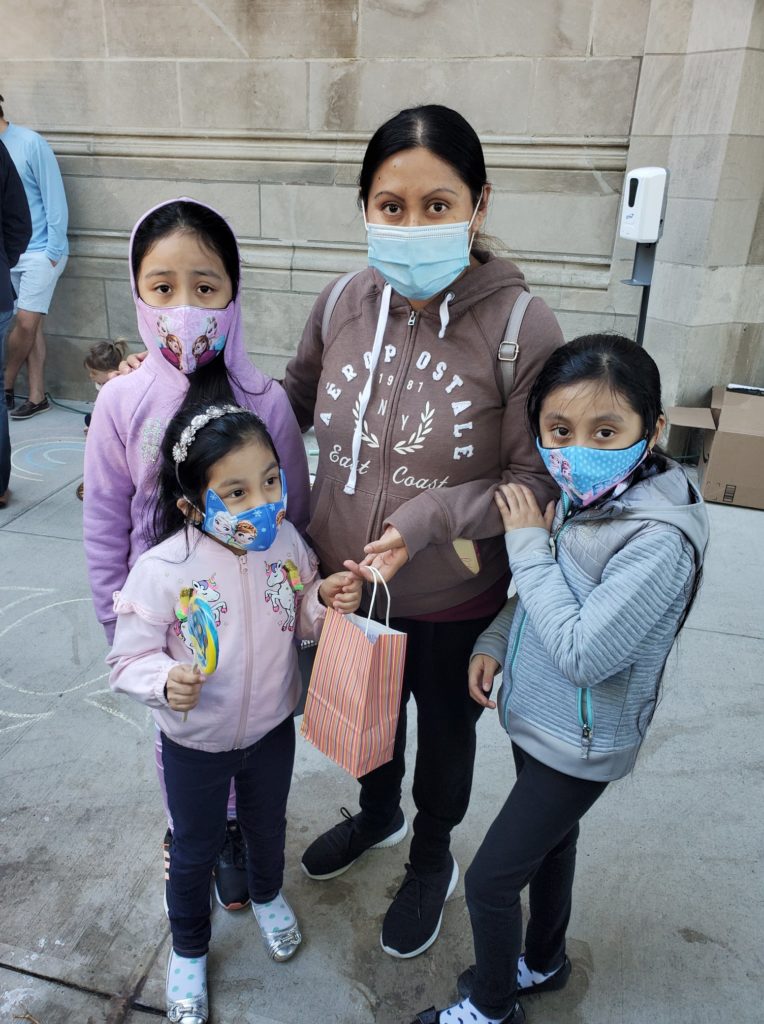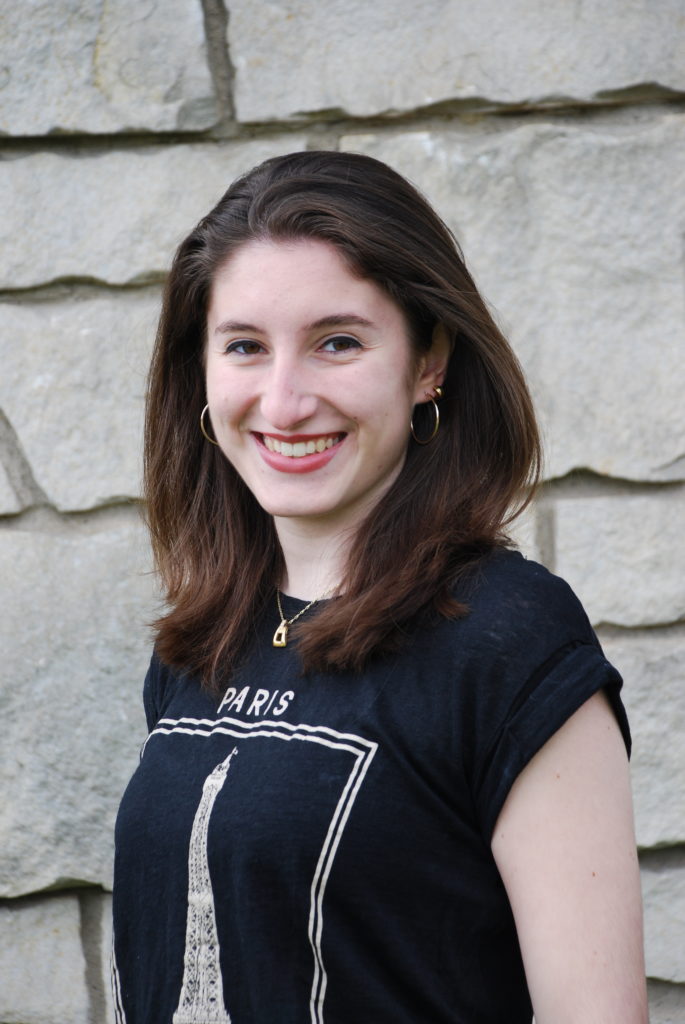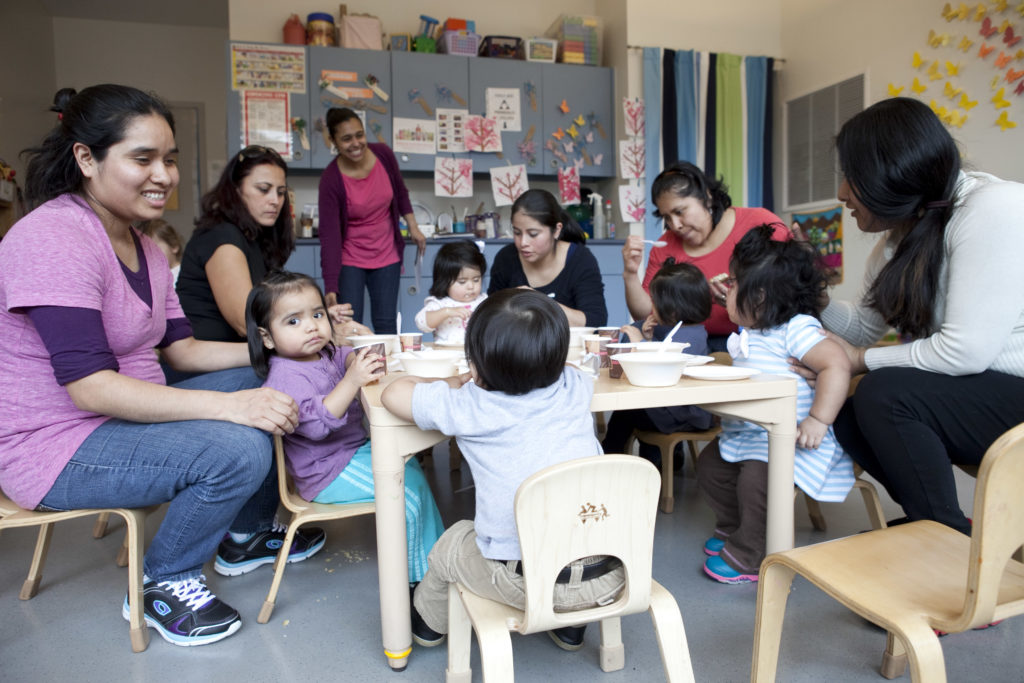Author: Amelia Medved, first-year student
In Fall 2019, Dr. Greg Acevedo, Associate Professor in the Graduate School of Social Service and Director of the Social Work Bachelors program, taught the first-ever semester of Bronx Explorations, a key component of the Honors Program’s new curriculum. With a focus on social justice that drives the mission of the course, students gain knowledge of the community surrounding our Rose Hill campus by studying Bronx history and culture. Every Honors student will start their time at Fordham by taking the course in the fall of their first semester. I met with Professor Acevedo a few weeks ago to talk more about how this course will continue shaping current and future generations of Honors students.
This interview has been edited and condensed for clarity.
Amelia: First, I was wondering if you’d like to speak about your relationship to the Bronx and to Fordham University?
Dr. Acevedo: I first came to the South Bronx in a volunteer capacity; I had just finished my first year of undergraduate studies, and I was living and working in a Christian Brothers community in the South Bronx at 150th and Melrose. And it was life changing. It was really at that point that I decided that my talents and my passions were something that were going to be best pursued in something like social work. I think that those types of experiences are crucial opportunities for learning and personal growth, and we should encourage them as much as possible. And as you know, the reputation of the Bronx, and not just the South Bronx, looms so large in a negative way. I think that that was something I wanted to counteract, tell a different story. When you move to Rose Hill as an undergraduate, initially it’s like the Bronx is hosting you. But you’re also becoming a member of the Bronx community.
I ended up teaching [at Fordham] as an adjunct in the Sociology and Anthropology Department after getting my PhD in Social Work. Then my CV made its way to the Graduate School of Social Service, and the rest is history. Now I’ve been here for fifteen years.
Amelia: What were your earliest thoughts while creating this course?
Dr. Acevedo: I had a deep-seated respect for the reputation of the Honors Program, and felt very responsible to do a very good job in making a course that was rigorous but engaging and spoke to the mission of what the course was supposed to be. I was obviously very intrigued [in this Honors course] because issues of social justice are so essential to me, because it’s such an anchor for the Social Work profession. I wanted to bring to it a very interdisciplinary perspective [with the three anchors, history, economy, and culture] Where do you start with the Bronx? How do I do justice to all the racial and ethnic traditions and heritage and current composition of the Bronx? Because it’s always changing. And I didn’t want to give short shrift to anything. […] For me important issues were rigor and relevance, and then a fidelity to what the mission of the course was, which was to make the Bronx, as your new home, an inviting and interesting place.
Amelia: Now that you’ve taught it for the first time, are you considering any changes for future semesters?
Dr. Acevedo: I think what I enjoyed the most was the content I developed on the aspects of the political economy of the Bronx. I wish I would have had time to show the documentary Decade of Fire as well, because I think that would have also made those connections. Although the [main text we read, South Bronx Battles] also does a good job of at least telling about that period in the South Bronx [fires during the 1970s], I think that it could have gotten better treatment, because I do think that it is important that we know how the Bronx got to where it is today.
Part of my goal this next time around [is] to see how I can come up with more creative ways to deepen the connection between what’s going on in our classroom and what’s going on in our community and the various communities in the Bronx. If there are ways students can become engaged in [current events in the Bronx, for instance] a zoning issue that’s currently coming up or a public hearing or petition. Being able to communicate to students, “This is what’s going on if you want to get involved.” I got some very positive feedback about the community assessment, the walk-through [of local neighborhoods]. I think that was a worthwhile educational tool for that class. And I think that students can use that in the future, in their various professional careers in some creative ways.
Amelia: Our main text for the course was the brand-new book South Bronx Battles. First year students enjoyed this text a lot and recently had the chance to hold a Q&A with author Carolyn McLaughlin. Why do you think that text fit so well with the course and was effective in teaching First-Year students about some of the history of the South Bronx?
Dr. Acevedo: I think one of the most effective things about [South Bronx Battles] is its positive vibe. This is a story about people who managed to accomplish very concrete changes in the Bronx, even amidst challenging policy constraints and other issues. It’s a story about people actually being able to create substantive change in their communities. I don’t think it sugarcoats what the challenges were that the South Bronx was facing at the time, but it also doesn’t leave you hanging. The worst thing you could do is create a cohort of well-informed cynics. Our students need to have concrete knowledge about the history of the Bronx, about the culture of the Bronx, and about the political economy of the Bronx. And then they need to know how they can go about doing something. That’s really one of the essential elements of the new curriculum of the Honors Program as I see it. That’s obviously an essential element of a Jesuit education. And I think it’s an ethical responsibility for us as part of the Fordham community. So I think that book does it. And it wasn’t written in this dry, academic way, although it was well-researched and factual. I think students hopefully walked away with this idea, what Paulo Freire used to call “critical optimism.” You want to be a pragmatist about things, but you don’t want to give up on your ideals. I always say this when I teach courses on social policy: “It is not your responsibility to finish the work of perfecting the world, but you are not free to desist from it either,” a statement originally made by Rabbi Tarfon. That’s pretty much a credo of mine with social change. It might not happen with me, but I’m not going to walk away from the work. And I think the stories in that book are that.
Amelia: Following the Bronx Explorations course, a couple of First-Years took the initiative to become more deeply involved in the community. Why do you think that it is important for Honors students, and the Fordham student body as a whole to engage with the Bronx? Do you have advice for students looking to learn more about and be more involved in the Bronx?
Dr. Acevedo: I think Fordham has really made tremendous progress in this. There has always been the Dorothy Day Center, which is now the Center for Community Engaged Learning. The Office of Mission and Ministry also has other programs like Urban Plunge. The more that we continue to build on those, [as with] this course, it’s going to happen. I think service learning classes could be even more well-developed, [and] there could be more of them. And I think also bringing the community onto campus. Our Chief Diversity Officer, Rafael Zapata, has been super instrumental in making that happen, in partnership with the Center for Community Engaged Learning. They’re taking their mission seriously. And I really do commend the Honors Program for taking this seriously enough to build this into their curriculum. I think that’s groundbreaking, honestly. I’ve had those experiences in the Bronx in the past that were life changing for me, and to have the opportunity to now really try to create a space for students today, that was really fulfilling. It was a lot of hard work but the kind of hard work that you don’t mind doing because the payoff was so clear.


